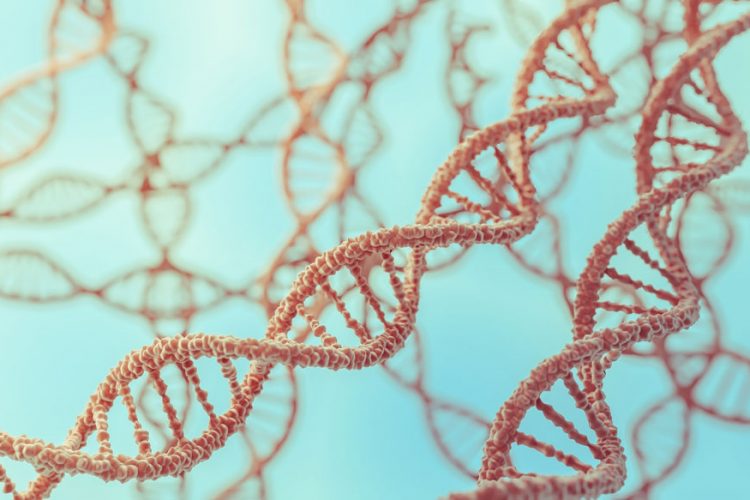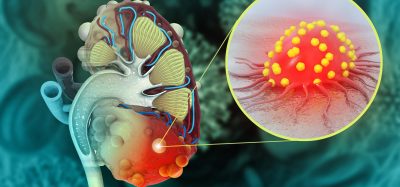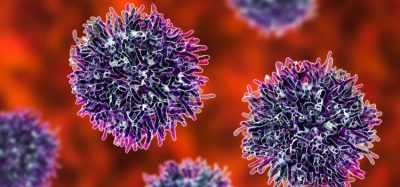Now, researchers led by UCLA’s Dr Paul Krebsbach are the first to characterise the mechanism of the human equivalent, which they call mammalian EAK-7, or mEAK-7.
Dr Krebsbach, the dean of the UCLA School of Dentistry and a Professor of Periodontics, led a team that found mEAK-7 regulates the molecular process, or “metabolic pathway,” that dictates cell growth and human development.
The disruption of those processes is part of what causes cancer and other diseases, as well as some neurological disorders. Findings from the study could be a preliminary step toward new therapies that would work by slowing or blocking mEAK-7’s molecular process, which in turn could potentially control the spread and growth of the cells responsible for those diseases.
The researchers began studying EAK-7, the worm gene, in 2013, when Dr Krebsbach was a faculty member at the University of Michigan. Knowing about its important role in worms, the team wanted to understand if it played a role in human biology, and whether it could provide insight on why certain human cells become stem cells.
Joe Nguyen, the study’s lead author, said the team essentially stumbled on the link between EAK-7 and its human counterpart after their initial hypothesis about that connection proved incorrect.
Once they identified mEAK-7 in human cells, they screened several types of human cells — including embryonic stem cells and fibroblasts, the cells that form connective tissues and aid in wound healing — to better understand how the gene worked.
“We didn’t detect mEAK-7 in any of those samples,” said Nguyen, a researcher at the University of Michigan. “But what we did find was astonishing. When we tested for mEAK-7 in various cancer cells, we found that there was a notably high concentration of mEAK-7 protein.”
The researchers ran a series of tests on human cells to see how mEAK-7 responded to a biological process known as mTOR signalling, which regulates cell metabolism, growth, duplication and survival in humans.
According to Dr Krebsbach, what they found was even more astonishing than the uncovering of mEAK-7 itself. The gene actually activated another biological process, which the researchers call an alternative pathway, one that was not as well understood at the molecular level as mTOR.
In effect, the discovery was like realising that a driver (the mEAK-7 gene) had exited a freeway (the mTOR pathway) and chosen to travel little-known surface streets (the alternative pathway) to reach his destination.
“With the discovery of mEAK-7’s activation of this alternative process, we demonstrated that cell metabolism, division and migration may be more dependent on the type of cell than was previously understood,” Dr Krebsbach said. “If we can find a way to control the duplication and migration of cells, including those responsible for human disease, we may be able to create opportunities for new therapies.”
To support their findings, the scientists tested the significance of mEAK-7’s role in cell proliferation and migration by inhibiting the gene in living human cells. When they mutated mEAK-7 or removed it from those cells, there was a dramatic reduction of those processes. They also tested a scenario in which mEAK-7 was overexpressed in cells and found that the proliferation of those cells increased significantly.
“By chance, we have found that mEAK-7 is crucial for mTOR signalling and is required for cell proliferation and migration,” said Jin Koo Kim, a UCLA Dentistry researcher. “By targeting mEAK-7, we could potentially control the diseases that hijack mTOR signalling through this alternative pathway.”








